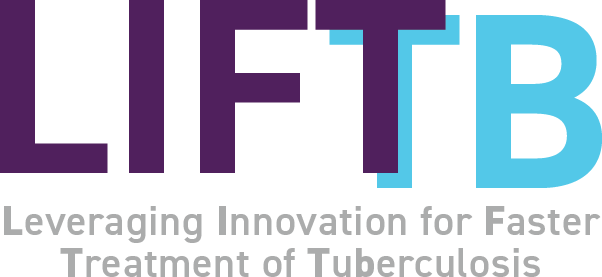Burnet supports Papua New Guinea in rolling out new treatment for drug resistant tuberculosis
With support from TB Alliance and the Australian Government, Burnet has partnered with the National Tuberculosis Program in Papua New Guinea to support the roll out of a new all-oral treatment regimen for drug-resistant tuberculosis.
Burnet has received funding to support implementation across two pilot sites in PNG over 1.5 years as part of the Australian Government's Product Development and Access Partnerships investment and through a collaboration with TB Alliance.
Drug-resistant tuberculosis is a major threat in the region, with an estimated 2,400 cases annually in Papua New Guinea alone.
The BPaL/M treatment is an oral regimen that consists of the TB drugs bedaquiline, pretomanid and linezolid, with or without moxifloxacin. It has recently been recommended by the World Health Organization.
The introduction of BPaL/M in Papua New Guinea, follows successful implementation of the treatment in the Philippines, Indonesia, Vietnam and several other countries worldwide.
Burnet Deputy Country Director Dr Shahidul Islam said where BPaL/M had been used, it resulted in better cure rates and lower rates of side effect.
“Prior to the introduction of bedaquiline oral treatments, a major barrier to people being cured of drug-resistant tuberculosis was the long treatment duration, which could be up to 18 months, he said.
“The new oral BPaLM treatment only needs to be taken for six months, making it easier for patients to complete their treatment.”
Papua New Guinea’s Deputy Health Secretary Ken Wai said the introduction of BPaL/M in two pilot sites was part of a broader program of works being implemented by the Papua New Guinean Government.
“We hope this program will further strengthen Papua New Guinea’s tuberculosis response, particularly towards drug-resistant tuberculosis,” Mr Wai said.
Burnet public health physician Dr Fredrick Charles said BPaL/M was a game-changer in the fight against drug-resistant tuberculosis.
“The BPaL and BPaLM treatment regimens have been shown to improve patients’ quality of life, due to their oral nature and shorter treatment duration,” he said.
“The shorter all-oral treatment has also been associated with improved access, helping to prevent further resistance from emerging.”
Dr Charles said he hoped the pilot program could be rolled out more widely in the future.
“We are honoured to continue working with the Papua New Guinean Government and the National Tuberculosis Program to advance drug-resistant tuberculosis treatment, with support from TB Alliance and the Australian Government,” he said.
“Eventually, we would like to see the treatment expanded to all provinces in Papua New Guinea.”
Burnet is a sub-recipient of a DFAT Partnerships for a Healthy Region grant to TB Alliance, as part of the Australian Government’s Product Development and Access Partnerships program.
